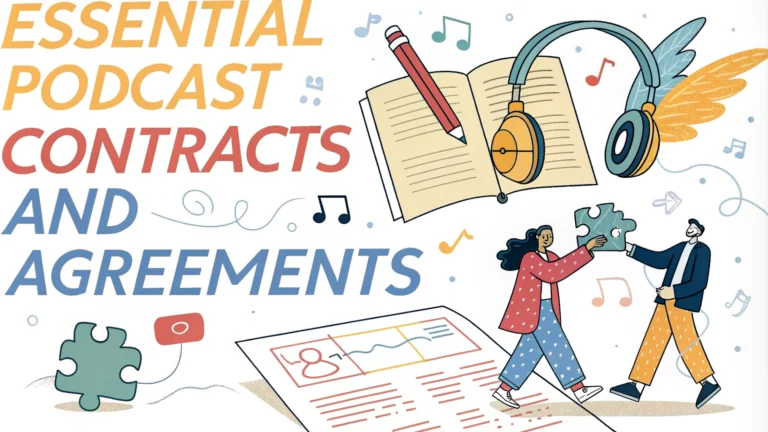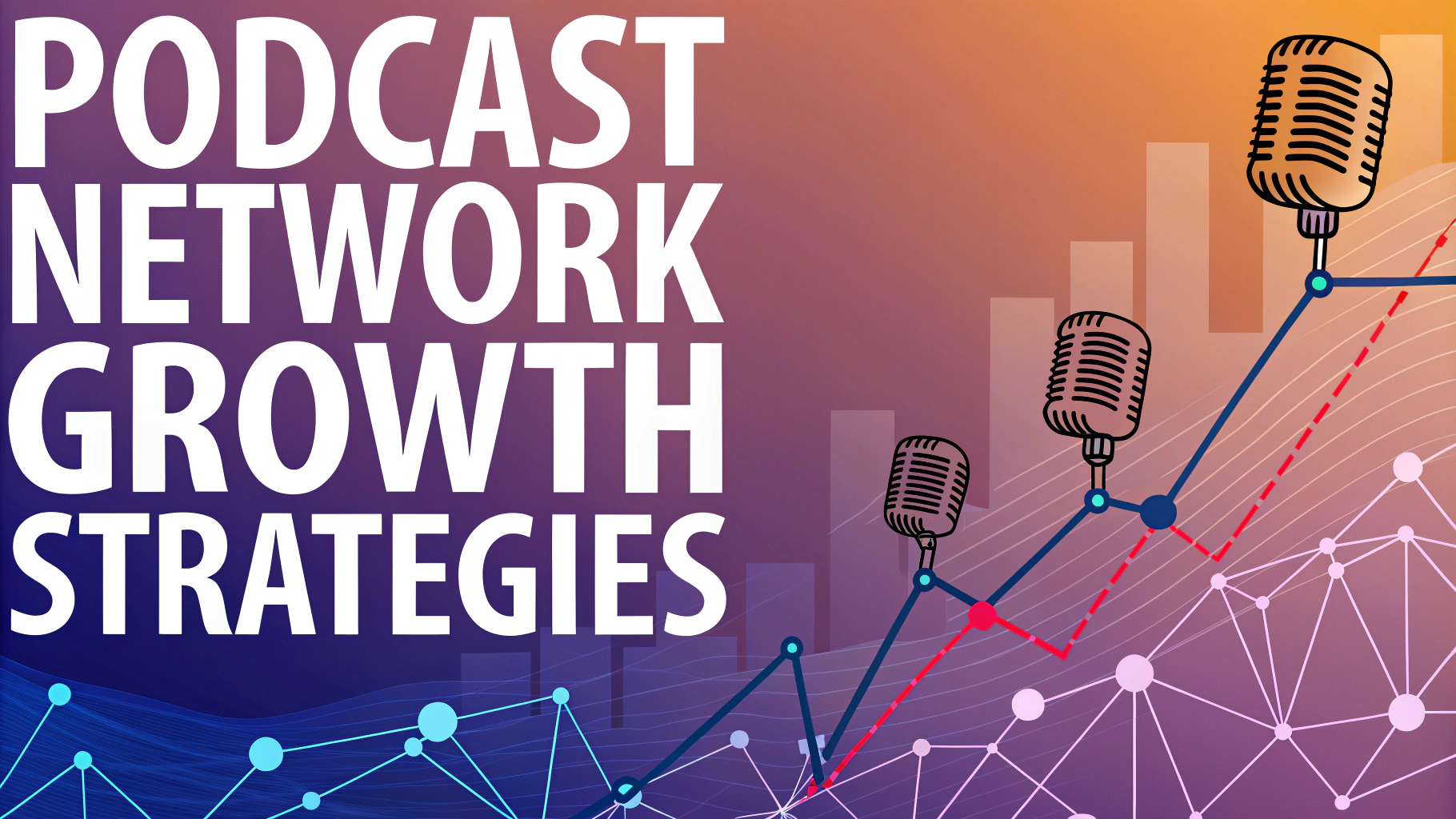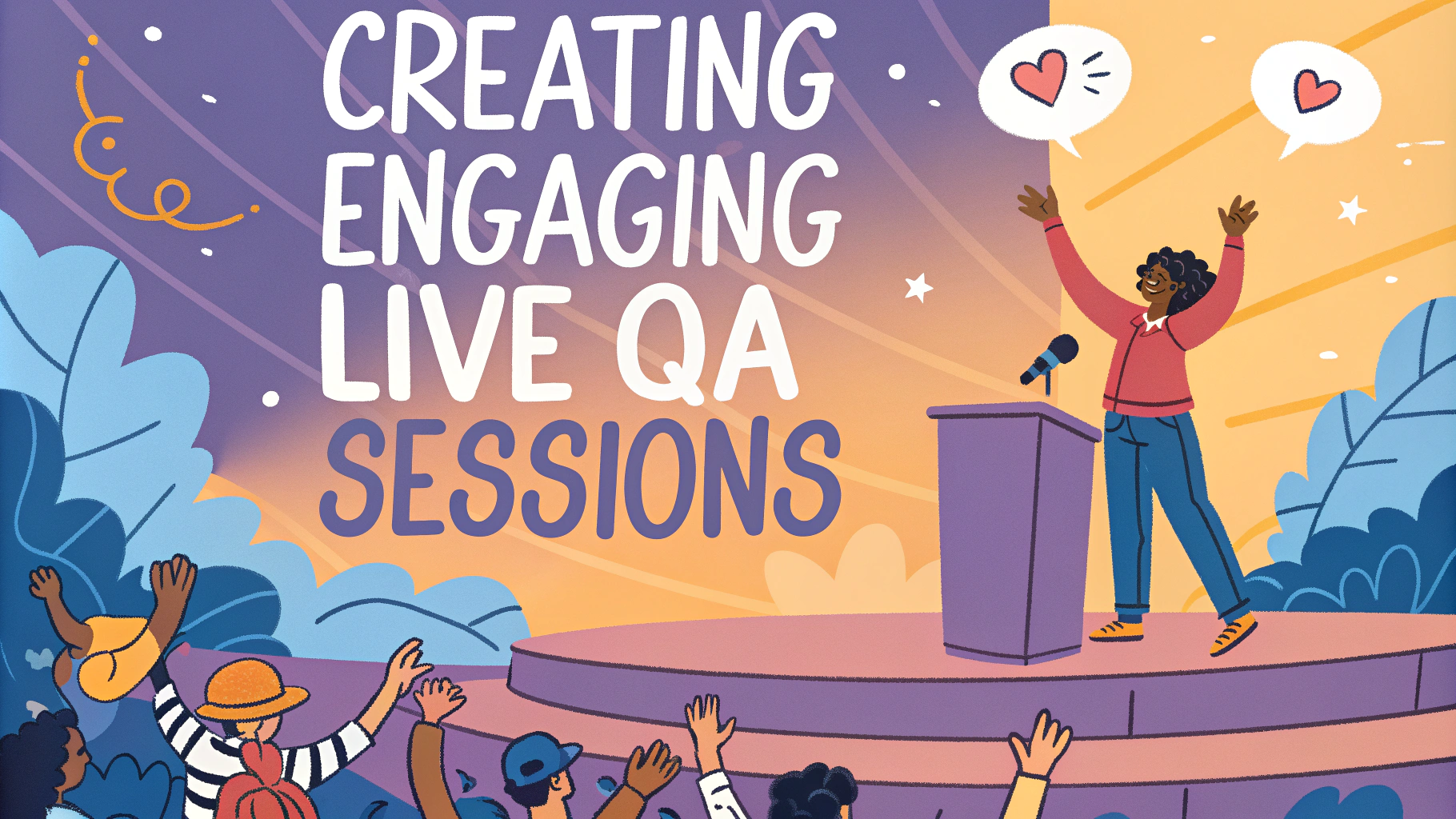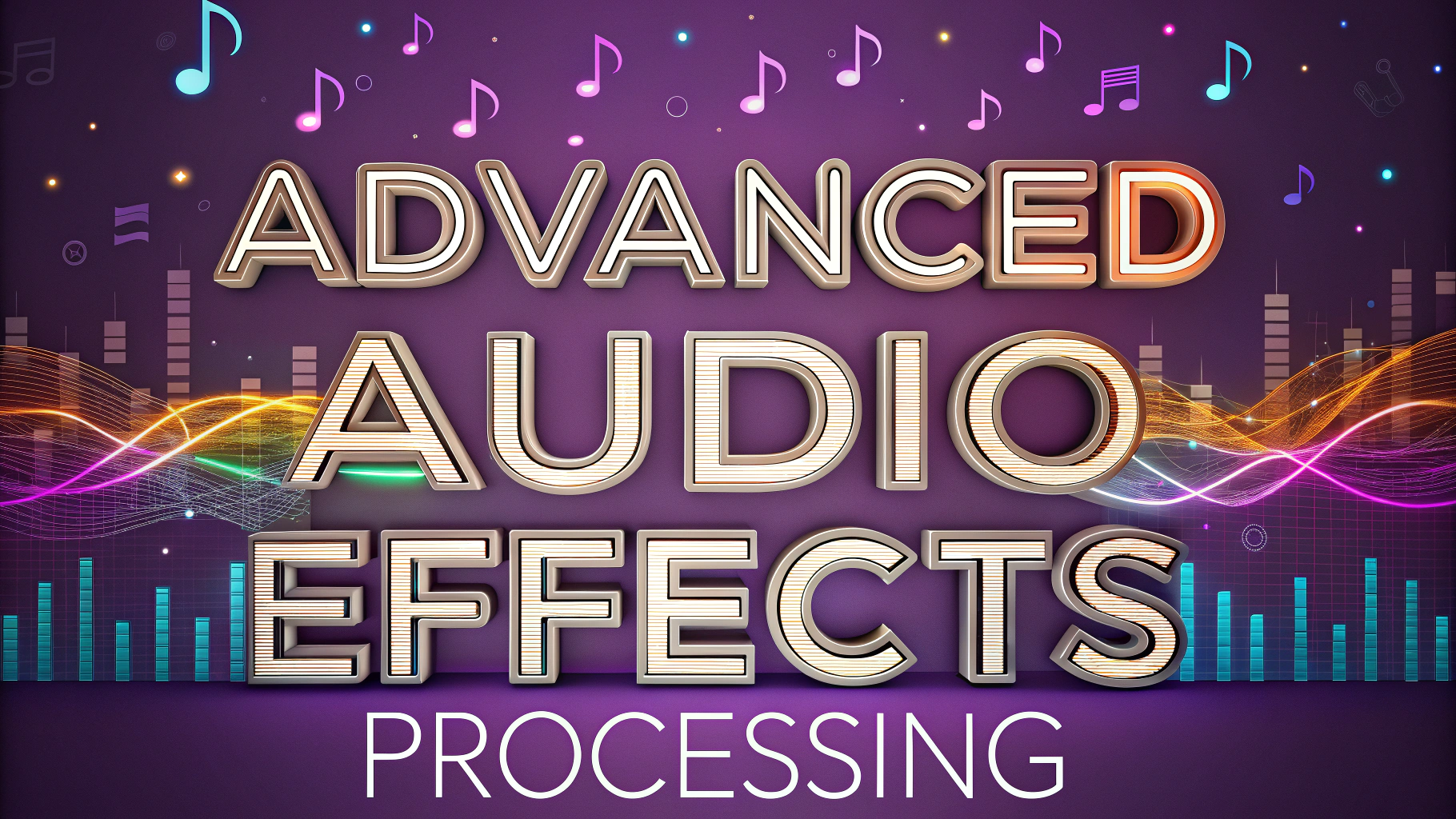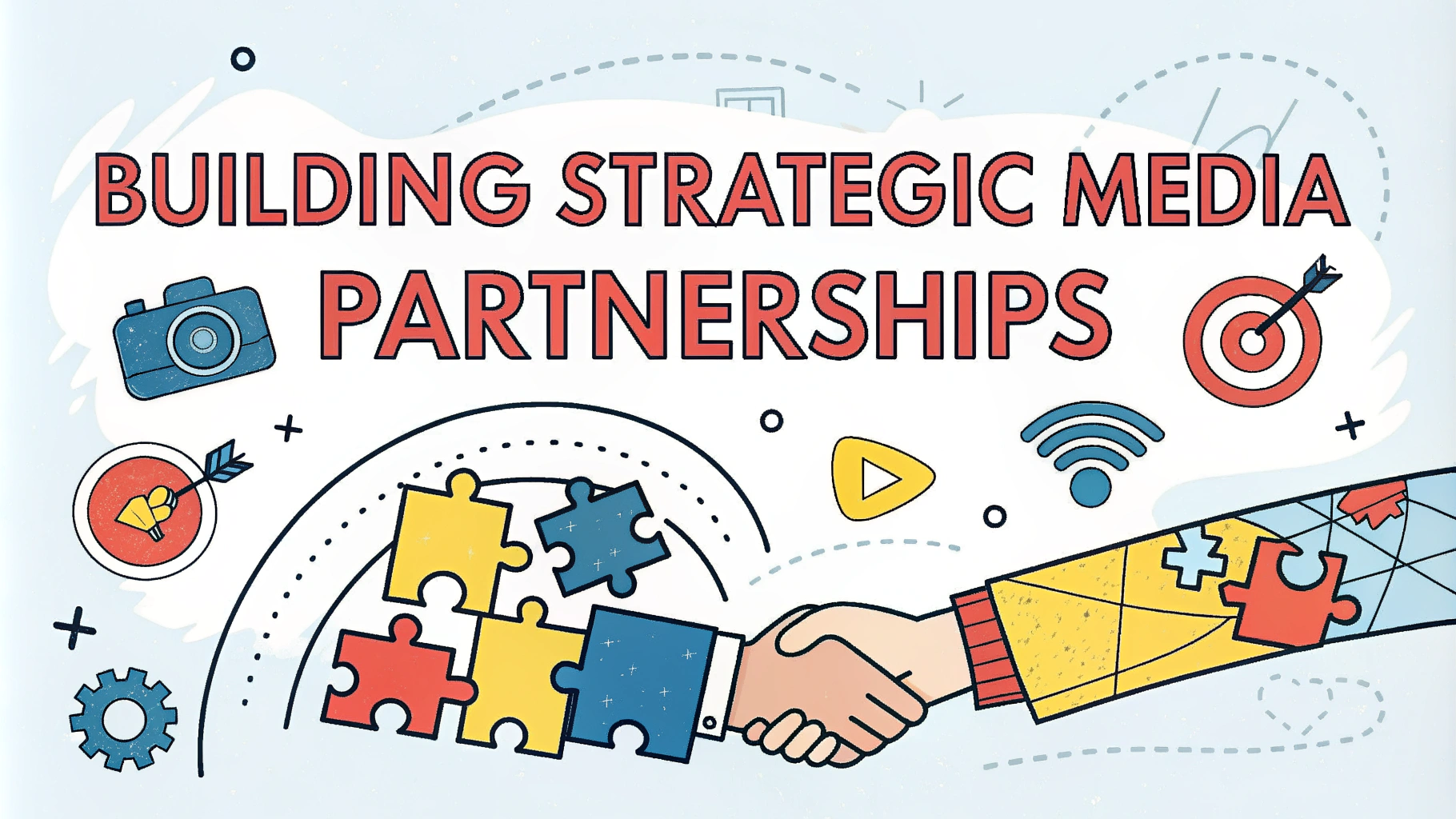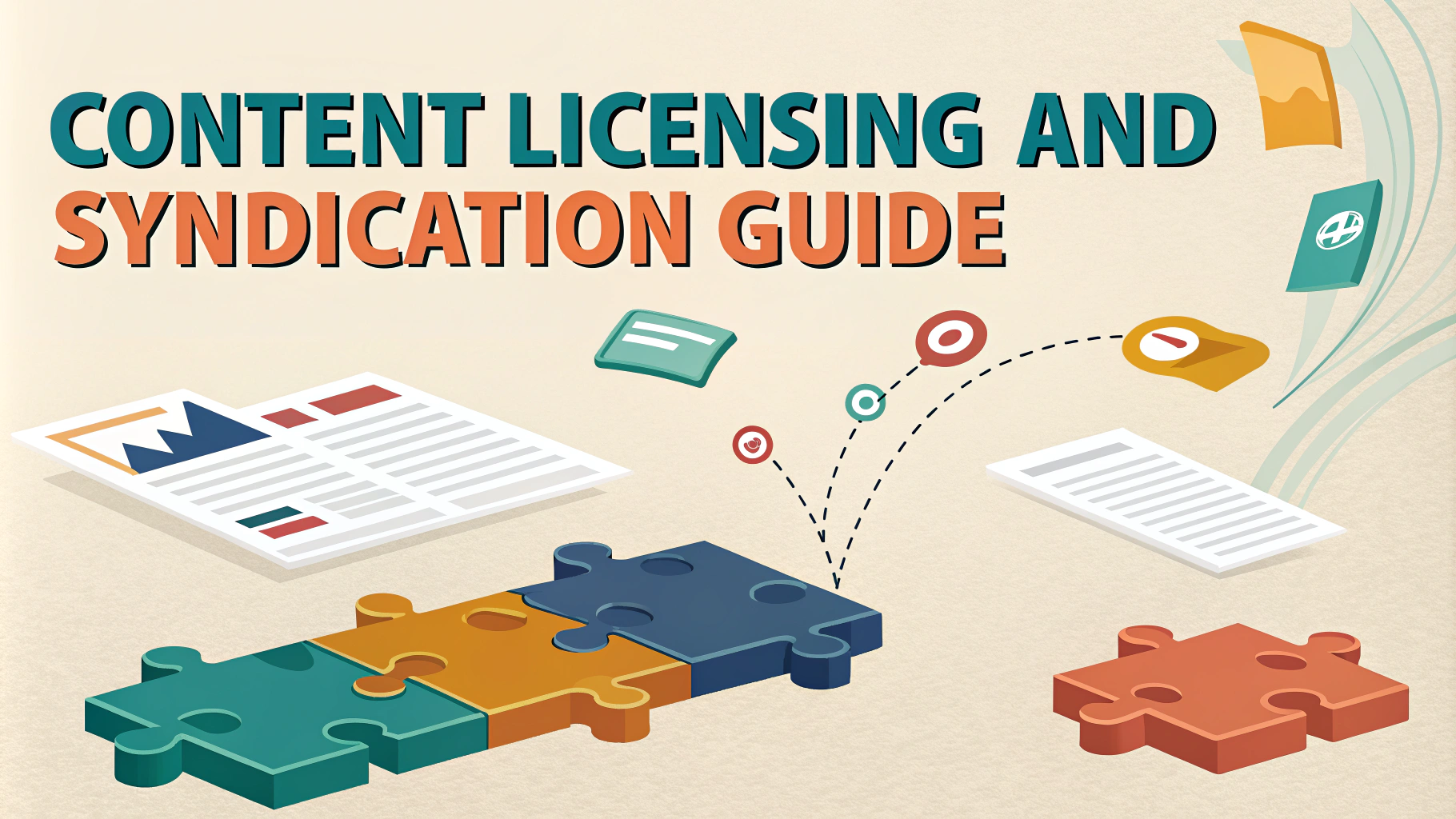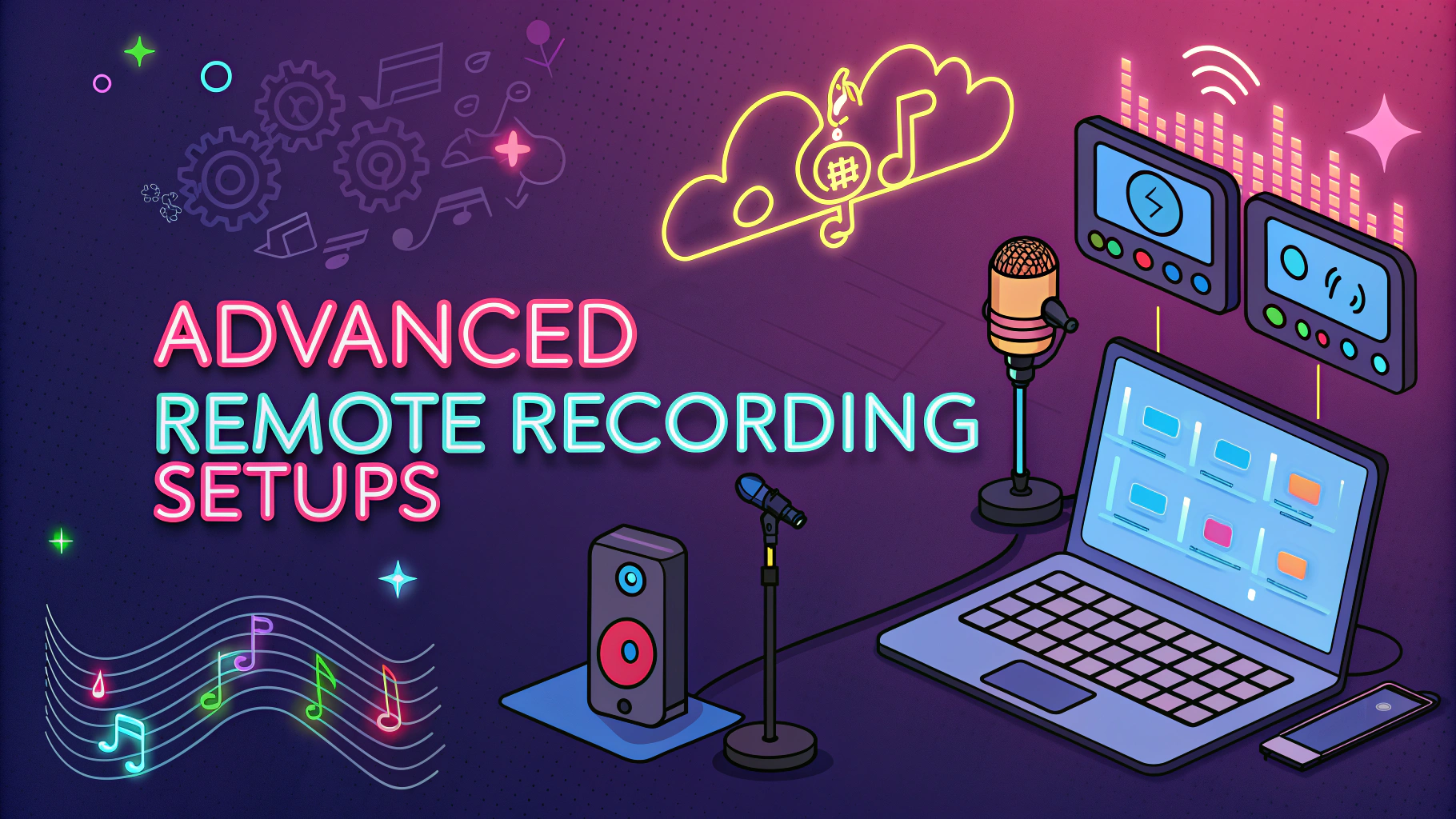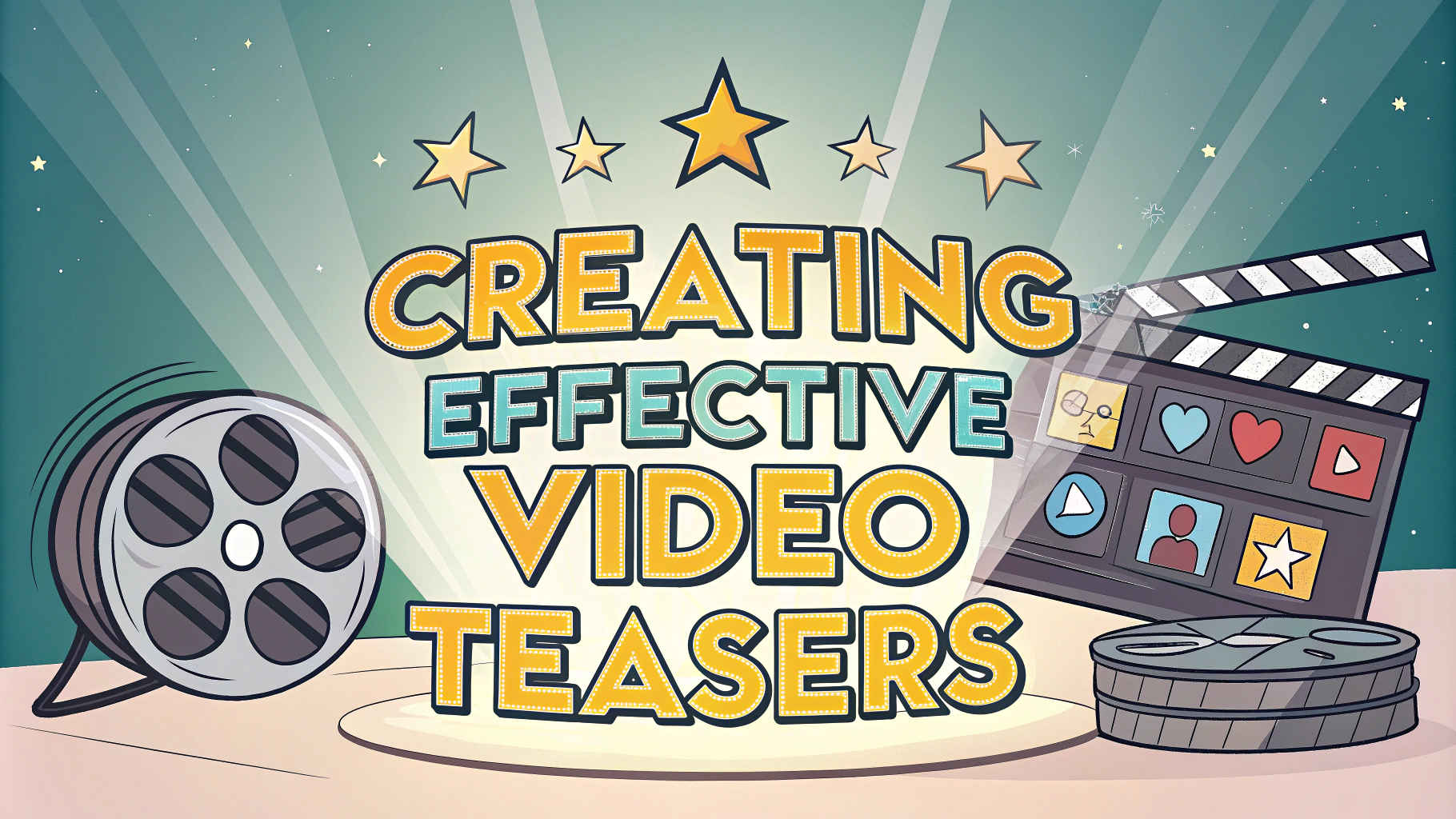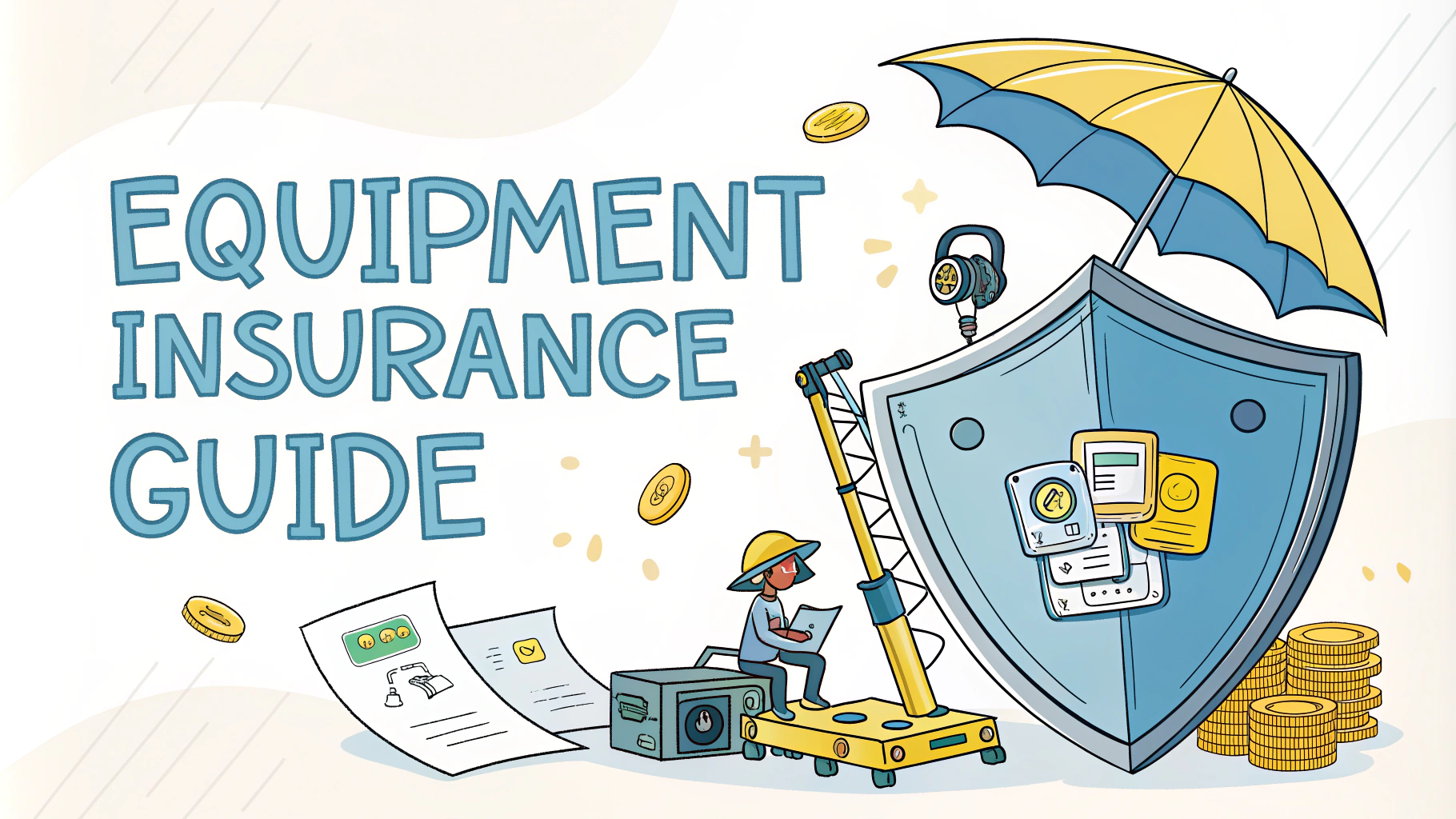A well-structured legal framework protects your podcast and ensures smooth operations with guests, sponsors, and team members.
Legal documents might seem overwhelming at first, but they’re essential safeguards that prevent misunderstandings and protect your intellectual property.
This guide breaks down the key contracts and agreements every podcaster should consider, with practical templates and tips for implementation.
Guest Release Forms
Guest release forms grant you permission to use your guest’s likeness, voice, and content across various platforms.
- Rights to record and distribute the conversation
- Permission for promotional use
- Content ownership clarification
- Distribution and repurposing rights
Non-Disclosure Agreements (NDAs)
NDAs protect sensitive information shared during podcast recordings or business operations.
- Confidentiality terms for pre-release content
- Protection of business strategies
- Guest privacy safeguards
- Duration of confidentiality obligations
Sponsorship Agreements
Clear sponsorship contracts outline deliverables, payment terms, and promotional requirements.
- Ad placement specifications
- Payment schedules
- Exclusivity clauses
- Performance metrics
- Content approval processes
Co-Host Agreements
Co-host contracts define roles, responsibilities, and revenue sharing arrangements.
- Content ownership rights
- Revenue distribution
- Exit clauses
- Decision-making authority
- Intellectual property rights
Production Team Contracts
Agreements with editors, producers, and other team members should specify work scope and deliverables.
- Work schedules
- Payment terms
- Quality standards
- Confidentiality requirements
- Ownership of edited content
Music Licensing Agreements
Proper music licensing prevents copyright issues and legal complications.
- Royalty-free music sources
- Usage rights documentation
- Attribution requirements
- Territory restrictions
Recommended Contract Resources
Here are trusted sources for podcast contract templates and legal assistance:
- Podcasting Legal Guide: Creative Commons Wiki
- Legal Templates: Rocket Lawyer
- Professional Help: Avvo Legal Services
Next Steps for Your Podcast
Start by implementing these basic legal protections for your podcast:
- Download and customize a guest release form template
- Create a basic NDA for team members and guests
- Develop a sponsorship agreement template
- Document music licensing and usage rights
- Review and update contracts annually
Digital Distribution Rights
Secure proper rights and permissions for digital distribution across multiple platforms.
- Podcast hosting platform terms
- Streaming service requirements
- Cross-platform sharing rights
- Geographic distribution limitations
Content Disclaimers
Protect your podcast with appropriate disclaimers and notices.
- Medical/financial advice disclaimers
- Copyright notices
- Affiliate disclosure statements
- Content warnings when necessary
Privacy Policies
Establish clear privacy policies for handling listener and guest data.
- Data collection practices
- Information storage methods
- Third-party sharing policies
- GDPR compliance measures
Securing Your Podcast’s Future
Building a strong legal foundation protects your podcast’s growth and sustainability.
- Regular contract reviews and updates
- Documentation of all agreements
- Professional legal consultation when needed
- Insurance coverage considerations
- Dispute resolution procedures
FAQs
- What are the essential contracts needed for a podcast?
The essential contracts include guest release forms, co-host agreements, sponsorship agreements, music licensing agreements, and production service agreements. - Do I need a guest release form for every podcast interview?
Yes, you should obtain a signed guest release form from every guest to protect your rights to use, distribute, and monetize the content while clarifying ownership of the recorded material. - What should be included in a co-host agreement?
A co-host agreement should cover content ownership, revenue sharing, intellectual property rights, responsibilities, exit terms, decision-making authority, and dispute resolution procedures. - How do I properly license music for my podcast?
You need to obtain both master use and synchronization licenses from rights holders, or use royalty-free music services specifically designed for podcasts like Epidemic Sound or PremiumBeat. - What should a podcast sponsorship agreement include?
Sponsorship agreements should specify payment terms, ad placement, content requirements, exclusivity clauses, performance metrics, termination conditions, and brand usage guidelines. - Do I need a trademark for my podcast name?
While not mandatory, registering a trademark for your podcast name is recommended to protect your brand and prevent others from using similar names in the same space. - What legal considerations apply when monetizing a podcast?
Key legal considerations include tax obligations, advertising disclosure requirements (FTC compliance), proper sponsorship documentation, and revenue sharing agreements with all involved parties. - What should be included in a podcast production service agreement?
Production service agreements should outline deliverables, timelines, payment terms, quality standards, revision processes, ownership of produced content, and confidentiality clauses. - Can I use clips from other podcasts under fair use?
Fair use is complex and risky; it’s best to obtain explicit permission from content owners before using any third-party content in your podcast. - What privacy policies are required for podcast websites?
Privacy policies should address data collection, usage of cookies, email marketing compliance, listener information handling, and GDPR/CCPA compliance if applicable.
